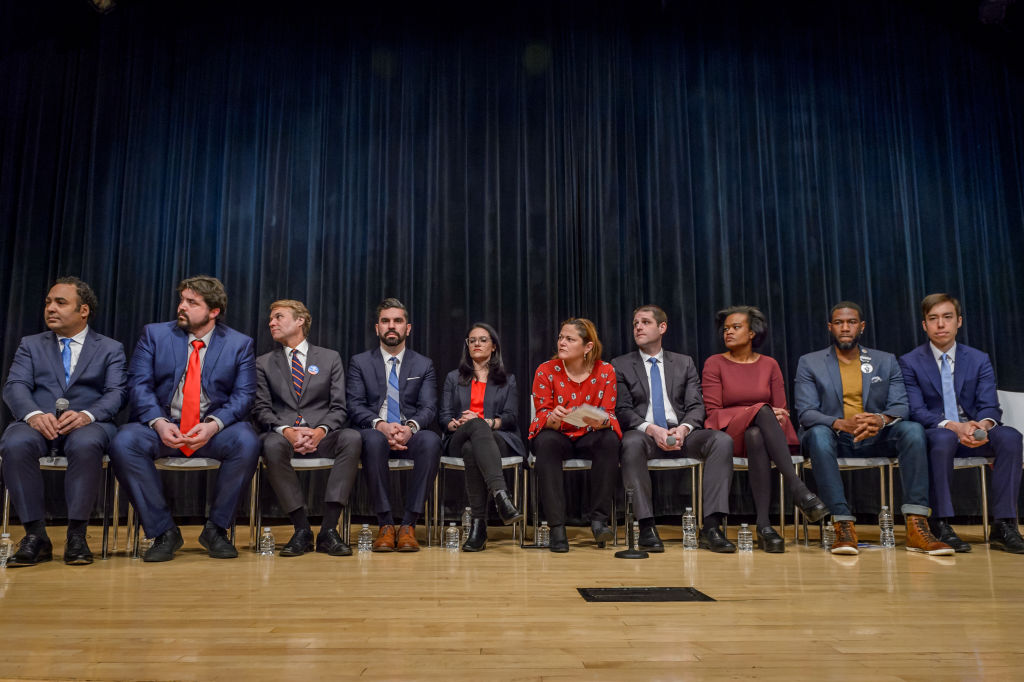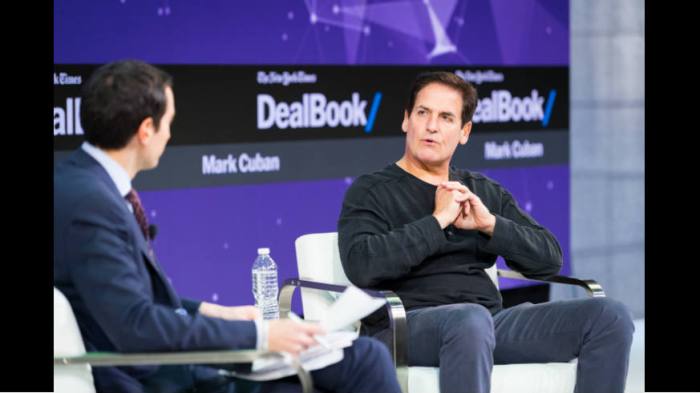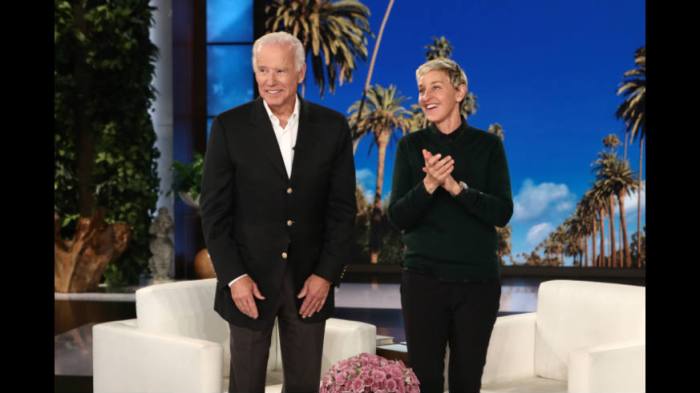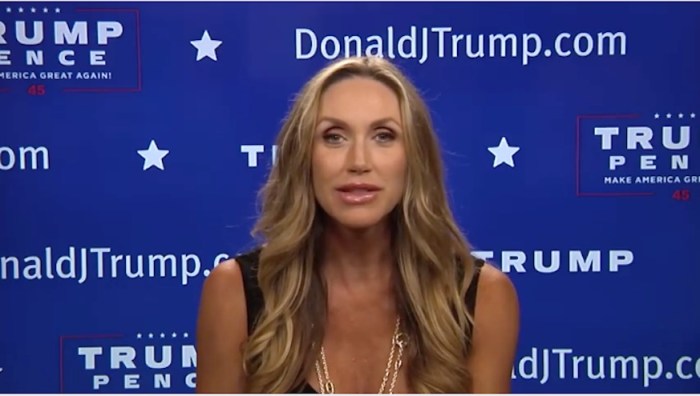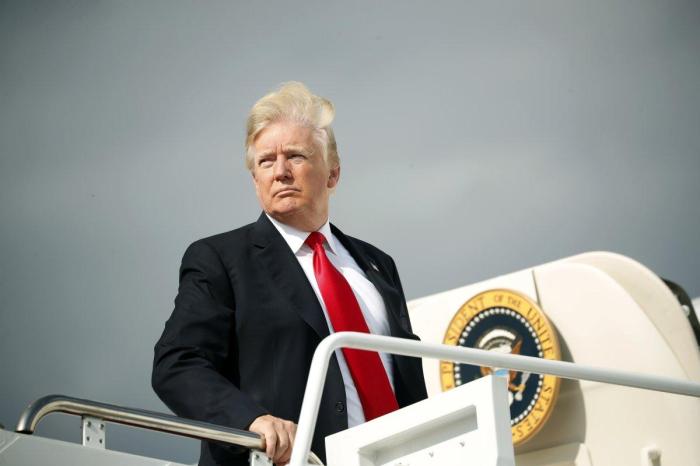The special election for New York’s Public Advocate is on Feb. 26, and already the crowded race has begun to empty out, with five of the 22 candidates running being disqualified by the New York City Board of Elections on Tuesday. On Feb. 6, 10 of the 17 survivors will get their first chance to spar over their respective platforms at a debate in the CUNY-TV studio in Manhattan.
Hosted by NY1, the debates will air on the NY1 news channel and NYC-TV beginning at 7 pm, and will be livestreamed on NY1’s Facebook page and website.
There will be a second debate before the special election, taking place on Feb. 20. Eligibility to participate in each debate is determined by whether the candidates have raised and spent a certain amount of money set by the Board of Elections. This means that the seven candidates who will not appear at Wednesday’s debate will still have a chance to make their case two weeks later.
This special election is to fill the space left by former Public Advocate Letitia James, who became New York’s Attorney General last year. Whoever wins will only hold the title for a year, as a normal primary for the position will be held in 2020.
Who will be at the Public Advocate debate?
The ten candidates appearing at Feb. 6’s debate are mostly current or former members of the New York City Council: Rafael Espinal Jr., Ydanis Rodriguez, Eric Ulrich and Jumaane Williams are all currently serving in the city government, while Melissa Mark-Viverito was the speaker of City Council from 2014 to 2017. Michael Blake, Ron Kim and Daniel O’Donnell are all members of the New York State Assembly, with journalist Nomiki Konst and lawyer Dawn Smalls being political newcomers.
What are the issues?
Many of the candidates have committed themselves to a laundry list of issues too various to be listed here–more detail is available at each of the candidates’ websites.
Rafael Espinal Jr.: Calling himself “Bernie Sanders-esque,” Espinal supports the Green New Deal, and claims that Governor Andrew Cuomo is acting too slowly on it. He wants to pass legislation to mandate “green rooftops” for buildings in the city–either with gardens or solar panels. He also supports universal rent control and single-payer health care, and proposes to pay for MTA and NYCHA by enforcing a tax on stock sales that New York has not collected since 1981, which he reports will raise around $11 billion per year.
Jumaane Williams: “I have proudly been arrested while standing up against Donald Trump’s aggressive deportation forces,” Williams’ campaign site reads. If elected, he will put forward legislation requiring 15 percent of all apartments in developments that receive city funding to be reserved for giving housing to the homeless. Williams has also voiced support for universal healthcare and universal rent control, and plans to both sue the NYCHA and add it to the “worst landlords list” started by Letitia James during her tenure in the position.
Ydanis Rodriguez: Though he announced his candidacy for the position in December of last year, details about Rodriguez’s campaign platform are scarce. According to Pix11, Rodriguez says his top priorities are schools, rent stabilization and small businesses.
Eric Ulrich: Hoping that the sheer number of left-leaning candidates will split Democratic votes enough to allow him to secure the position, Ulrich is the only member of the Republican party running for Public Advocate. He wants the position to be more independent from the mayor’s office, and is very insistent that he will “hold the mayor’s feet to the fire.“
Melissa Mark-Viverito: Mark-Viverito is the only candidate in the election using the old system of campaign financing rules, which capped donations at $5000, rather than the current limit of $2000. She intends to close Rikers Island, “increase access” to healthcare, fund career/technical education, tax legal marijuana to fund the MTA and keep New York in line with the Paris climate agreement of 2015.
Michael Blake: Blake is a believer that if city agencies improve, “the private sector will follow our lead.” His planned housing reforms include letting certain people “opt out” of being solicited by developers, a tax on homes sold within a year of being purchased and expanding protection for seniors already living in rent-controlled housing earning less than $50,000 and are paying more than a third of their income in rent to include seniors who make $45,800 or less as well. Blake also wants to add more cameras to MTA stations, fund tech and health care job training, and appoint Chief Diversity Officers for every city agency.
Ron Kim: With a slogan of “People over Corporations,” Kim wants to confiscate and cancel the $35 billion in student debt held by banks in the city, end tax giveaways to large corporations like Amazon within five years and transition the city to 100 percent renewable energy by 2030.
Daniel O’Donnell: A former public defender, O’Donnell promises to require 15 percent of all new housing units to be devoted to housing the homeless, prevent any new AIDS infections by 2020, end all trash going to landfills by 2030 and cut the city’s greenhouse gas emissions by 80 percent by 2050.
Nomiki Konst: An investigative journalist who has contributed to CBS, CNN and Fox News, Konst claims to be the only Public Advocate candidate not accepting contributions from real estate developers, corporations or lobbyists. Her platform includes raising the minimum wage to $30 per hour by 2020, rent-stabilizing 80 percent of all of the aparments in the city, passing single-payer health care, making the subway free and canceling the $3 billion in tax breaks city and state officials offered to Amazon.
Dawn Smalls: An attorney who has represented undocumented immigrants, victims of financial crime and voters facing intimidation, and formerly a regional political director for the 2008 Hillary Clinton primary campaign, Smalls vows to prevent landlord income discrimination, require developers to contribute to neighborhood infrastructure, and encourage mixed-income real estate development. Additionally, she promises to appoint “Children’s Advocates” to help homeless students cope with the school system, raise awareness of New York’s Health+Hospitals system and “ensure that New Yorkers have access to renewable energy.”

